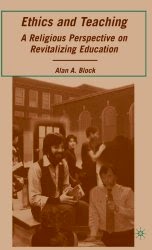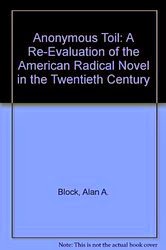The Pea Coat
On the east side of Broadway about two blocks from Houston Street sat Canal Jeans. It was, in his memory, a cavernous establishment filled with rough-hewn, large tables piled high with jeans and shirts. In earlier and casual visits to the concern he had purchased several pairs of painter jeans in a variety of bold colors: sun-yellow, sky blue, summer green. The walls were lined with shirts and coats, some that had even been previously worn. The idea of second-hand clothes was a novelty and certainly not something of which his mother would approve, though he recalled that once in college he had exchanged with a friend a perfectly fine sweater for one with a tear in the elbow.
Along the walls of Canal Jeans is where he found the pea coat. It was not a traditional Navy-issued garment. That style could probably have been purchased at the Army-Navy store around the corner, and, in fact, he didn’t even know that he was looking for this item or even that he had need of one. The coat was longer than that worn by navy seaman; it hung somewhere between his knees and waist. He pulled it from its place on the rack and put it on. He looked at himself in the mirror, and without another thought purchased the coat. He recognized in the mirror who he thought he was and wanted to be. He loved the way he felt in that garment, like a second skin he felt hugged by coat. And for several years he wore that coat until one day he didn’t. At then some point he lost contact with that garment and even perhaps with a version of himself. I think that for the rest of his life he has looked about for that coat.
Thoreau cautioned us to beware the enterprise that requires new clothes and not a new man to wear those clothes. No, clothes do not make the man, but clothes do fit the man. There are clothes that are the external expression of the self. Yes, of course, the self does change, and it must dress itself into the world. I think that when one shops for clothes there are at least two options: to purchase the clothes that when worn will impress the world with the image, and then there are the garments that when acquired clothe s the self exactly as it would be expressed. Though he has purchased a great many covers, he thinks that he has only rarely found that pea coat or eaten lunches at FOOD.













